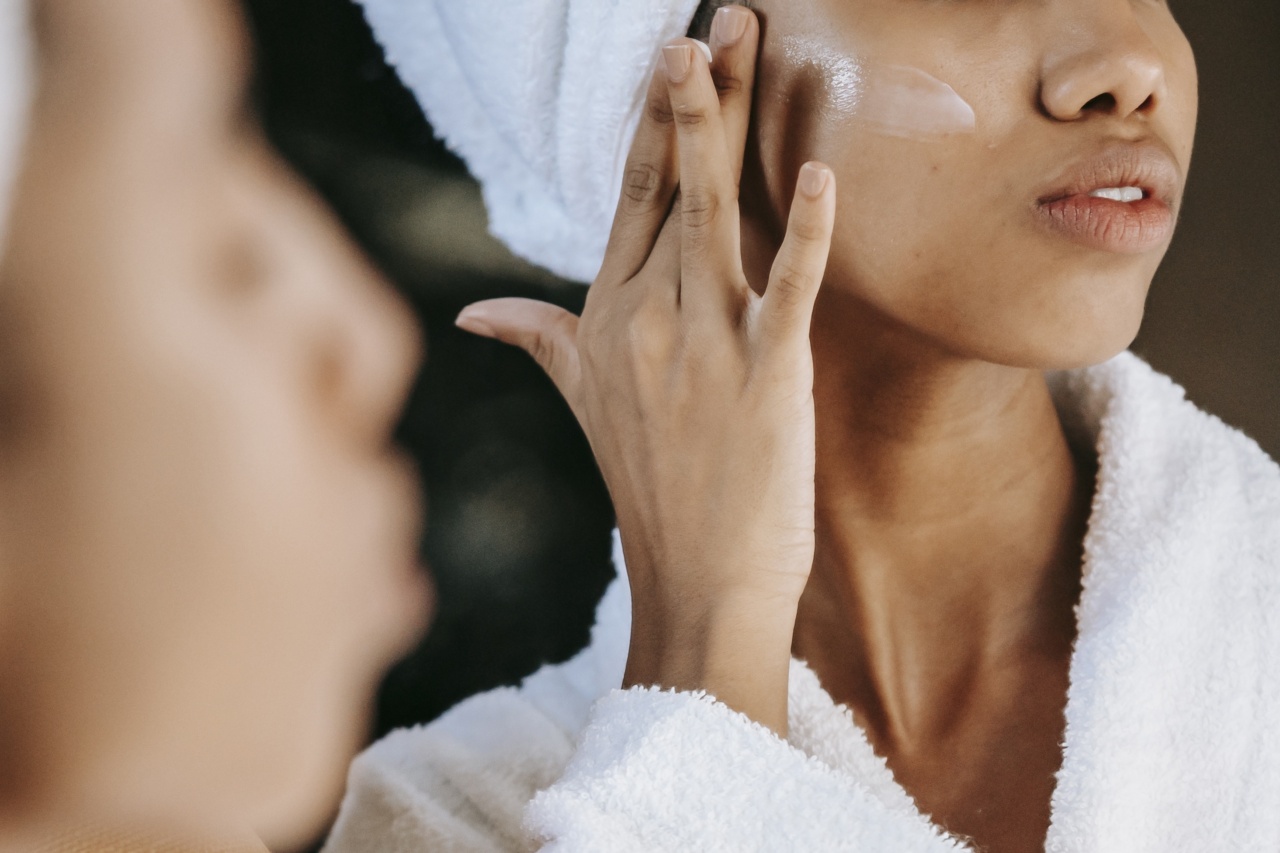Your after-shower routine may seem harmless, but did you know that some of your habits could be damaging your skin? While you may be cleansing and moisturizing your body, there are certain practices that can strip away essential moisture and disrupt the natural pH balance of your skin. In this article, we will explore how your after-shower routine could be detrimental to your skin and discuss some simple changes you can make to promote healthier skin.
The Dangers of Hot Water
One common mistake many people make is using excessively hot water during their showers. While it may feel relaxing and soothing, hot water can actually strip away the natural oils in your skin, leaving it dry and irritated.
Additionally, hot water can cause blood vessels to dilate, leading to redness and inflammation. To protect your skin, opt for warm water instead of hot water when you shower. This not only prevents moisture loss but also helps keep your skin looking vibrant and healthy.
Overusing Soap
Using too much soap or cleanser on your body is another common mistake that can damage your skin. While it’s important to cleanse away dirt and sweat, excessive use of soap can strip away the skin’s natural protective barrier.
This can leave your skin dry, tight, and prone to irritation. Instead, limit your use of soap to essential areas like underarms and groin, and only use a small amount on other parts of your body. Opt for gentle, pH-balanced cleansers that are designed for sensitive skin to minimize potential damage.
Neglecting Moisturization
After a shower, many people skip moisturizing their bodies, assuming that the water alone will keep their skin hydrated. However, this is a mistake that can lead to dry, cracked skin.
Water can actually strip away the natural oils present on your skin’s surface, leaving it vulnerable to moisture loss. To combat this, it is important to apply a moisturizer immediately after showering. Look for a moisturizer that contains hyaluronic acid or ceramides to restore and lock in moisture.
Pay extra attention to areas that tend to be drier, such as elbows, knees, and feet.
Towel Drying Harshly
While toweling off vigorously may seem efficient, it can be harsh on your skin. Not only can it cause micro-tears, especially if you have sensitive skin, but it can also disrupt the natural pH balance of your skin.
Instead of rubbing your skin vigorously, gently pat yourself dry using a soft, clean towel. This helps to remove excess water without stripping away moisture or damaging the skin’s surface.
Ignoring Sun Protection
Many people underestimate the importance of sun protection, even after a shower. UV rays can penetrate the skin, causing sunburn, premature aging, and increasing the risk of skin cancer.
After showering, it is crucial to apply sunscreen to protect your skin from these harmful rays. Choose a broad-spectrum sunscreen with an SPF of at least 30, and don’t forget to reapply it every two hours if you are spending time outdoors.
Using the Wrong Products
Another essential aspect of an after-shower routine is using the right products. Some lotions, creams, and oils contain ingredients that can irritate or clog your pores, leading to breakouts or other skin issues.
Be mindful of the products you apply after showering and choose those specifically formulated for your skin type. Consider speaking to a dermatologist or skincare professional who can recommend suitable products that cater to your skin’s unique needs.
Failing to Hydrate from Within
While external moisturization is important, it is equally crucial to hydrate your skin from within. By drinking an adequate amount of water daily, you can help keep your skin plump, supple, and healthy.
When you hydrate from within, the water reaches all your organs, including your skin, and helps to maintain its elasticity and overall health. Aim to drink at least 8 glasses of water a day, and more if you are physically active or live in a dry climate.
Using Harsh Scrubs and Exfoliants
Exfoliation is an important part of any skincare routine, but it should be done with caution, especially after a shower.
Scrubbing your skin too vigorously or using harsh exfoliants can cause micro-tears and irritation, leaving your skin vulnerable to infections and dryness. Instead, opt for gentle exfoliating products that are specifically designed for your body. Look for ingredients like sugar or jojoba beads that exfoliate without causing damage to the skin’s surface.
Not Paying Attention to Your Feet
Your after-shower routine should not neglect your feet, as they tend to be prone to dryness and calluses. After showering, take a few extra minutes to care for your feet properly.
Use a pumice stone or foot file to gently remove any rough, dead skin, and follow up with a moisturizing foot cream. This will help keep your feet soft, smooth, and free from painful cracks or dry patches.
Overlooking Changes in Your Skin
As you age or with changes in your overall health, your skin may require different care. It is important to pay attention to any changes in your skin and adjust your after-shower routine accordingly.
If you notice increased dryness, redness, or any other concerning symptoms, consider consulting a dermatologist who can provide personalized advice and recommend suitable products for your skin’s changing needs.
Conclusion
Your after-shower routine plays a significant role in maintaining the health and vitality of your skin.
By avoiding excessively hot water, limiting soap usage, moisturizing adequately, towel drying gently, applying sunscreen, using suitable products, hydrating from within, gentle exfoliation, foot care, and adapting to changes in your skin, you can ensure that your routine promotes healthy, radiant skin. Make these simple changes to your after-shower routine, and your skin will thank you for it!.






























